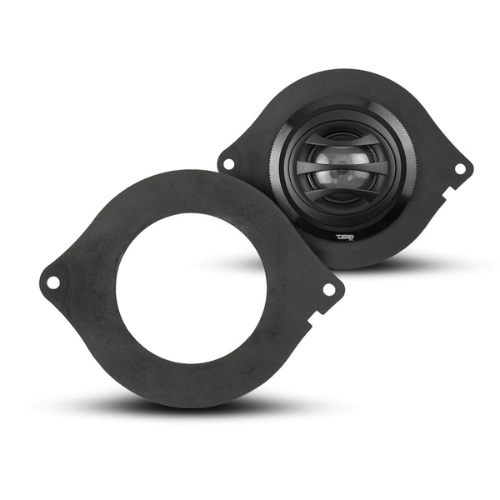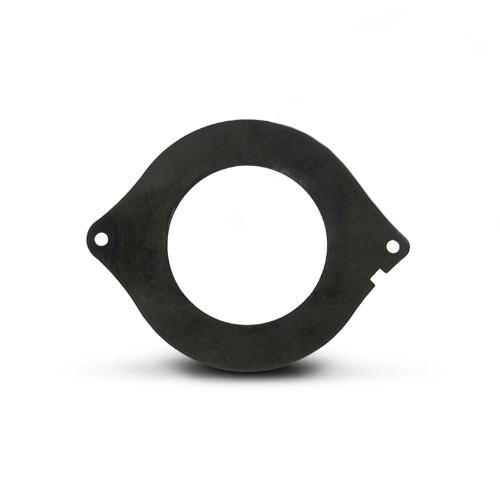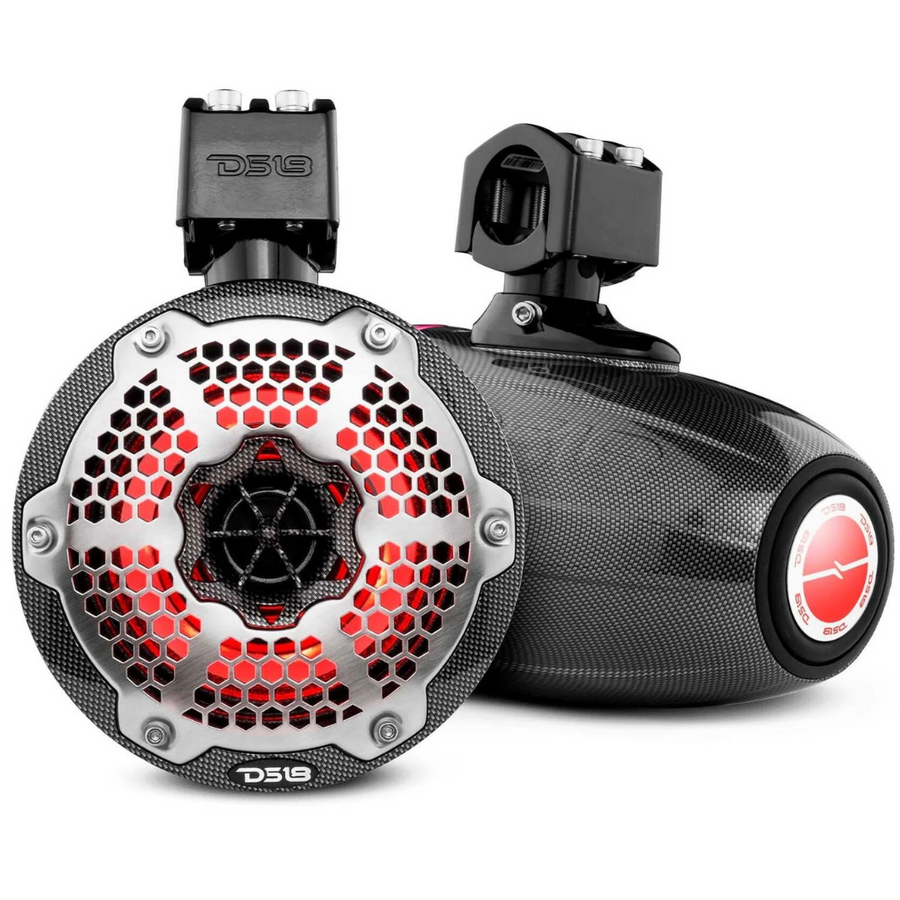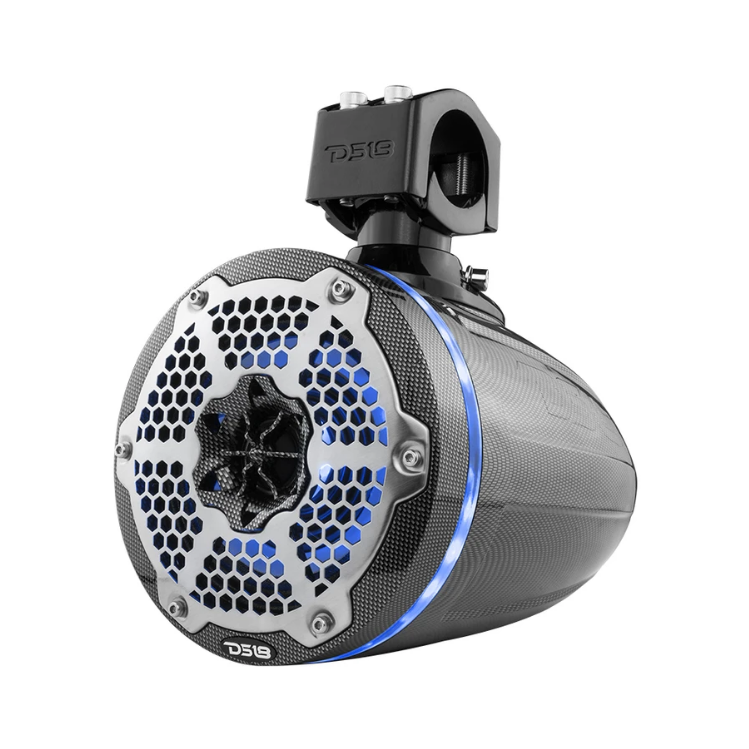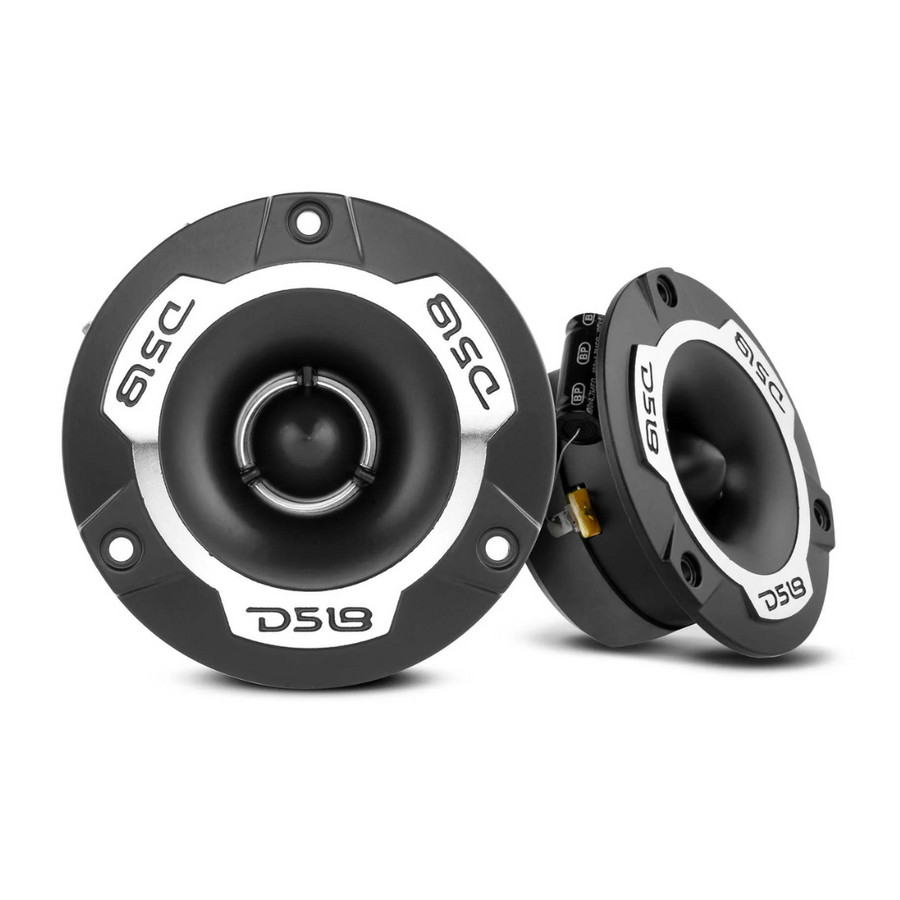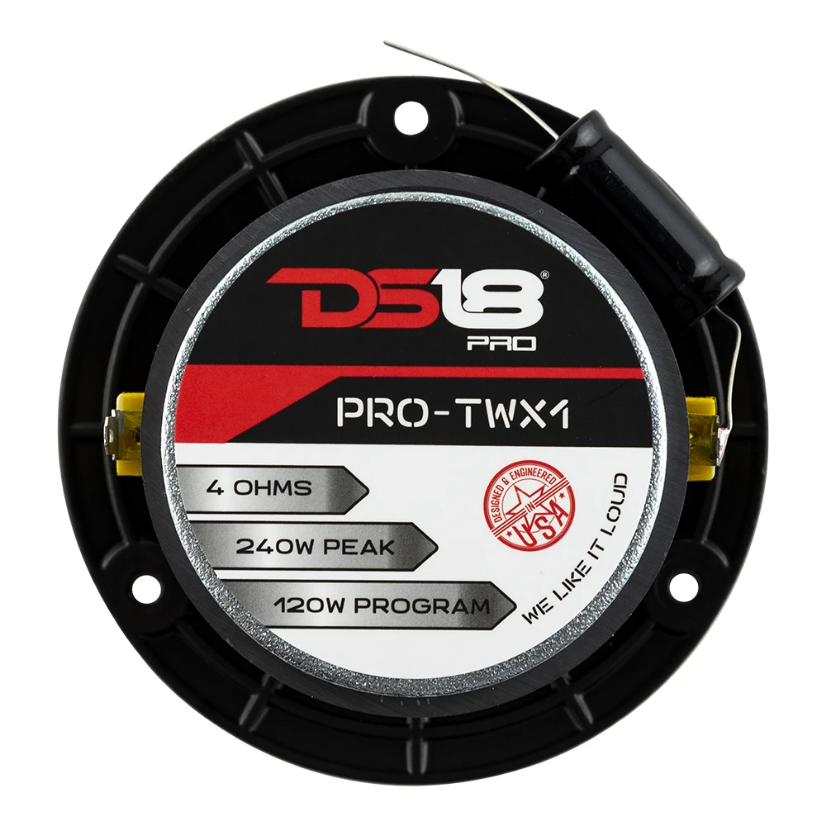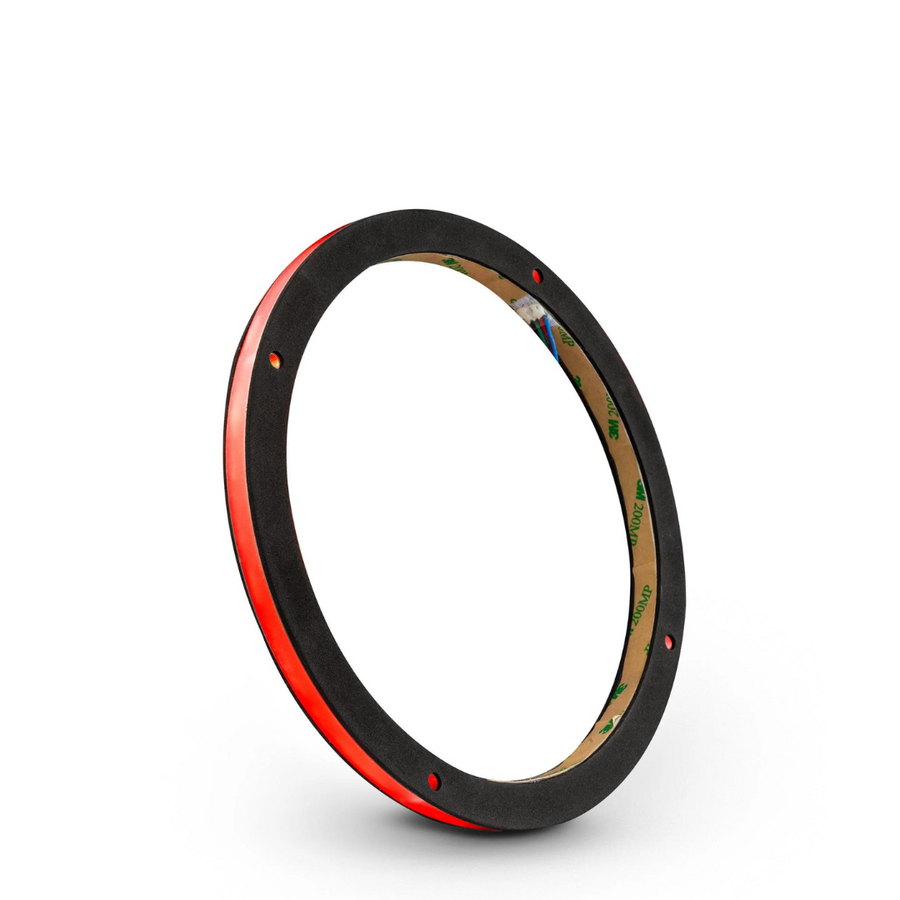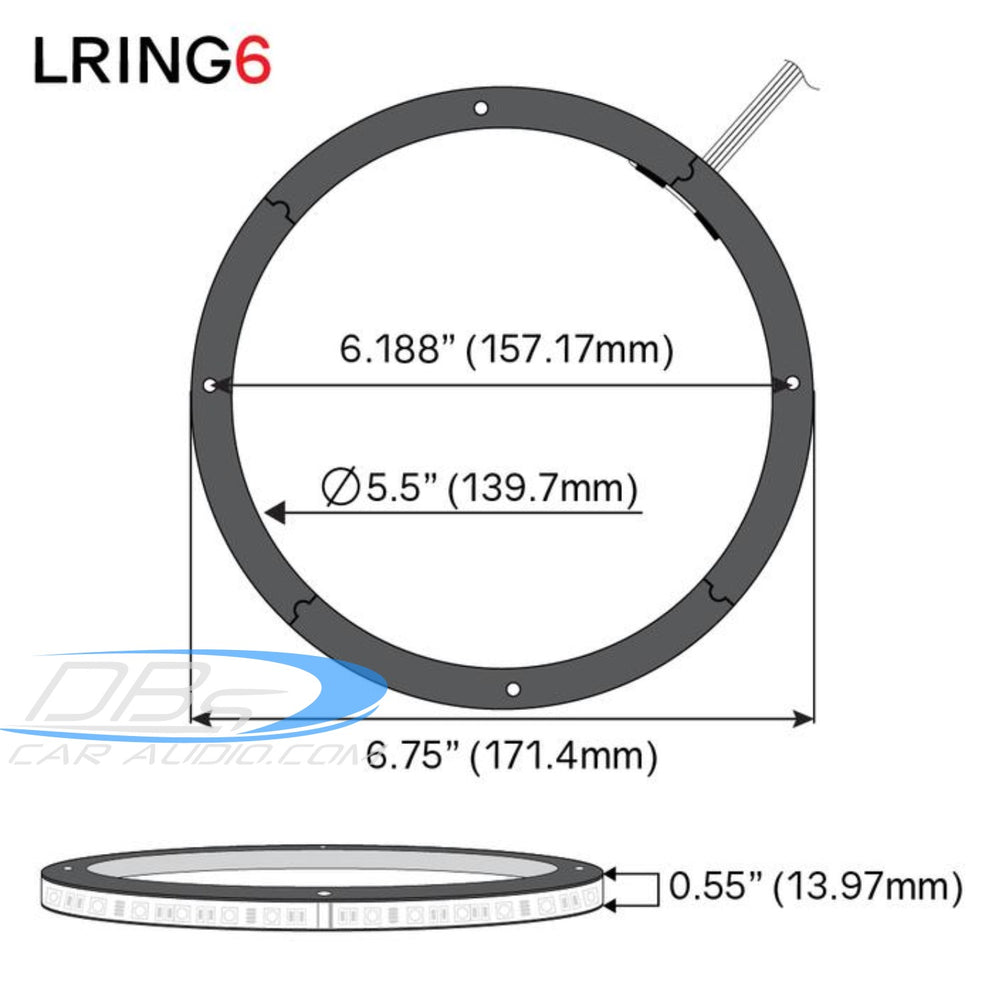Why Speakers Blow: Causes and Prevention
Why Speakers Blow: Causes and Prevention
Introduction
When you’re enjoying your favorite music on your stereo ststem, the last thing you want to hear is a loud pop followed by silence. This unfortunate event is often caused by blown speakers, and it can be frustrating and costly to fix. In this blog, we will explore the reasons why speakers blow and offer some tips on how to prevent it from happening.
1. Overpowering
One of the most common reasons why speakers blow is overpowering them. When you feed your speakers more power than they can handle, the delicate components inside the speaker can get stressed and fail. This often happens when you crank up the volume too high for an extended period, especially with low-quality or mismatched amplifiers and speakers.
2. Distorted Audio Signals
Distorted audio signals can also lead to speaker damage. When the audio signal becomes heavily distorted, it sends erratic electrical impulses to the speaker, causing the diaphragm to move excessively and potentially damage the voice coil. This distortion can occur if you play low-quality audio files or if you overdrive your amplifier.
3. Thermal Overload
Speakers can overheat if they are exposed to high power levels for extended periods. Overheating can cause the adhesive that holds the voice coil in place to weaken, leading to misalignment and potential damage. It’s essential to provide proper ventilation to your speakers and allow them to cool down between intense listening sessions.
4. Mechanical Damage
Physical damage is another common cause of speaker blowouts. This can occur if the speaker cone is punctured or if excessive pressure is applied to the diaphragm. Be careful when handling your speakers and avoid touching or pressing on the cone.
5. Age and Wear
As speakers age, their components naturally deteriorate. The voice coil, suspension, and other parts can become worn, making them more susceptible to damage. Regular maintenance and inspection can help you catch these issues early and extend the life of your speakers.
Preventing Speaker Blowouts
To prevent your speakers from blowing, consider the following tips:
When you’re enjoying your favorite music on your stereo ststem, the last thing you want to hear is a loud pop followed by silence. This unfortunate event is often caused by blown speakers, and it can be frustrating and costly to fix. In this blog, we will explore the reasons why speakers blow and offer some tips on how to prevent it from happening.
1. Overpowering
One of the most common reasons why speakers blow is overpowering them. When you feed your speakers more power than they can handle, the delicate components inside the speaker can get stressed and fail. This often happens when you crank up the volume too high for an extended period, especially with low-quality or mismatched amplifiers and speakers.
2. Distorted Audio Signals
Distorted audio signals can also lead to speaker damage. When the audio signal becomes heavily distorted, it sends erratic electrical impulses to the speaker, causing the diaphragm to move excessively and potentially damage the voice coil. This distortion can occur if you play low-quality audio files or if you overdrive your amplifier.
3. Thermal Overload
Speakers can overheat if they are exposed to high power levels for extended periods. Overheating can cause the adhesive that holds the voice coil in place to weaken, leading to misalignment and potential damage. It’s essential to provide proper ventilation to your speakers and allow them to cool down between intense listening sessions.
4. Mechanical Damage
Physical damage is another common cause of speaker blowouts. This can occur if the speaker cone is punctured or if excessive pressure is applied to the diaphragm. Be careful when handling your speakers and avoid touching or pressing on the cone.
5. Age and Wear
As speakers age, their components naturally deteriorate. The voice coil, suspension, and other parts can become worn, making them more susceptible to damage. Regular maintenance and inspection can help you catch these issues early and extend the life of your speakers.
Preventing Speaker Blowouts
To prevent your speakers from blowing, consider the following tips:
- Match Amplifier and Speaker Ratings: Make sure your amplifier’s power output matches the speaker’s power handling capacity.
- Use High-Quality Audio Sources: Play high-quality audio files to avoid signal distortion.
- Control Volume Levels: Avoid prolonged exposure to high volumes that can cause overheating and stress on the speakers.
- Monitor Speaker Condition: Regularly inspect your speakers for signs of wear and tear.
- Invest in Quality Equipment: Invest in quality speakers, amplifiers, and other audio equipment to ensure longevity.
Conclusion
Blown speakers can be a buzzkill to any audio experience, but understanding the causes and taking preventative measures can help you enjoy your sound system without worry. By matching your equipment, controlling volume, and maintaining your speakers, you can ensure that they keep producing exceptional sound for years to come. Don’t let your speakers blow your groove; take the necessary precautions and enjoy your audio to the fullest.
More from:
Car Audio Speaker Topics


